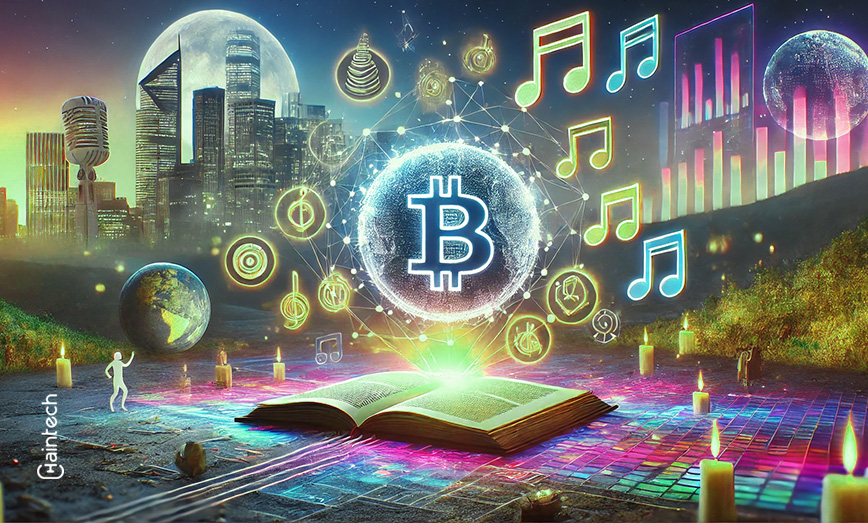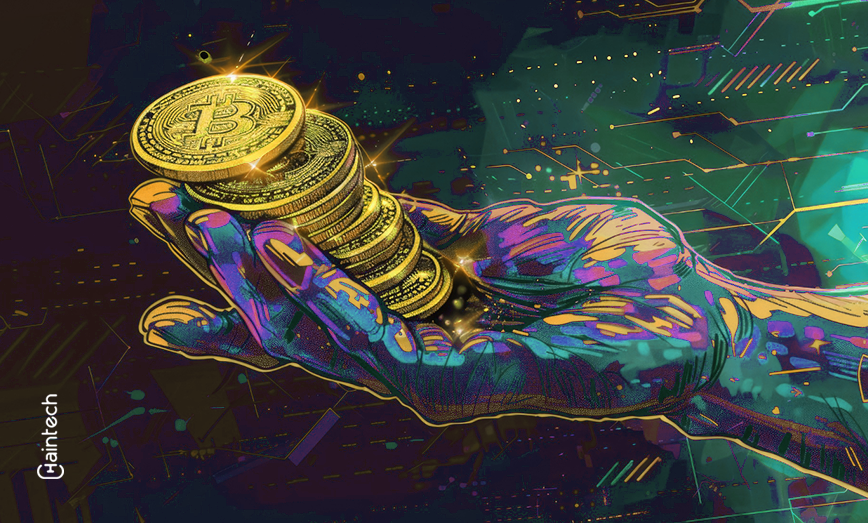Tokenizing Intellectual Property: What You Need To Know

The tokenization of intellectual property is one procedure that allows both creators and businesses to better manage their assets. A great invention, an exceptional piece of art, a song that gets stuck in someone’s head—what if you could make it a digital token that can be sold, licensed, or shared in seconds? Sounds futuristic, right? It’s not. It’s happening now.
A recent study shows businesses are exploring this innovative way to monetize intellectual property (IP). With tokenization, creators can reach global investors, track ownership securely, and simplify licensing. Unlike traditional methods, tokenizing IP makes managing these assets faster and more accessible.
This is the agenda for today:
- What tokenizing intellectual property means and why it matters.
- How this process helps creators and businesses.
- Challenges and real-world examples of IP tokenization.
What is tokenizing intellectual property?
Simply put, it refers to turning assets such as patents, songs, trademarks, and copyrights into digital tokens. The tokens reside on the blockchain networks, meaning they are very secure and are easy to transfer and trade.
Here is an example:
Let’s say you are a photographer who has many beautiful photographs on a camera. You could tokenize your images. Each token would represent ownership or usage rights. You could then sell these tokens to investors or license them to businesses. Blockchain would handle the transactions, ensuring transparency and security.
This process works for more than just photos. You can tokenize patents, designs, or even brand names. Tokenization simplifies how IP is bought, sold, or licensed.
Answering the keyword question:
Tokenizing intellectual property means creating digital tokens for IP assets. This makes ownership secure, accessible, and tradable worldwide.
Why should you tokenize intellectual property?
1. Open New Ways to Make Money
Tokenizing IP helps creators and businesses earn faster. For example, a songwriter can sell tokens tied to royalty rights. Fans or investors can buy these tokens, providing instant income.
2. Make Your Assets Liquid
Traditional IP is hard to sell quickly. Tokenization solves this by making IP tradable in digital marketplaces. You can reach buyers anytime, anywhere.
3. Expand Your Reach Globally
Tokens aren’t limited by geography. A tech startup in one country can tokenize its patents and attract investors from another.
4. Enjoy Transparency and Security
Blockchain records every transaction. This reduces fraud and ensures clear ownership details.
The tokenization process made simple
Here’s how tokenizing intellectual property works step-by-step:
| Step | What Happens | Why It’s Important |
| Assess the Asset | Determine the value of your intellectual property. | It helps set a fair price for the tokens. |
| Choose a Platform | Pick a blockchain platform like Ethereum or Solana. | Provides the infrastructure for token creation. |
| Create Tokens | Turn the IP into digital tokens. | Tokens represent ownership or rights. |
| Write Smart Contracts | Set terms for use, sales, or royalties. | Automates payments and licensing agreements. |
| Distribute Tokens | Sell or license tokens through digital platforms. | Connects you to buyers or investors globally. |
This process makes managing intellectual property simpler and faster than ever before.
Benefits of tokenizing intellectual property
Tokenization offers real advantages for creators and businesses:
- Faster Licensing: Transactions happen instantly without traditional paperwork.
- Global Access: Anyone with internet access can buy or license your IP.
- Clear Control: Smart contracts define exactly how your IP is used.
- Lower Costs: Fewer middlemen mean lower fees for transactions.
- Fractional Ownership: Divide large assets like patents into smaller, more affordable shares.
For example, imagine an artist tokenizing a collection of paintings. Instead of selling the entire collection to one buyer, they sell fractional tokens. This allows multiple investors to share in the collection’s success, creating more opportunities for the artist.
Challenges and risks of tokenizing IP
Tokenizing IP has huge potential, but there are challenges to consider:
1. Legal and Regulatory Hurdles
Different countries have different laws around IP and blockchain. This can make it tricky to tokenize assets internationally.
2. Valuing IP Accurately
Some IP assets are hard to price. For instance, how do you value a patent for an unproven invention? Mispricing could hurt both the creator and the investor.
3. Cybersecurity Concerns
Since tokens exist online, they’re vulnerable to hacking. Strong cybersecurity measures are essential to protect assets.
4. Lack of Awareness
Many people still don’t understand how tokenization works. Educating potential users will take time.
While these challenges are real, research shows that more companies are working to create solutions. As technology evolves, these risks will likely decrease.
Real-world examples of tokenizing intellectual property
Tokenization isn’t just an idea. It’s already being used successfully:
- Music Industry: Artists tokenize their music royalties, allowing fans to invest in future earnings.
- Digital Art: Platforms like OpenSea let creators sell tokenized art with guaranteed resale royalties.
- Patents: Some companies tokenize their patents to attract investors who help fund their projects.
- Brand Licensing: Businesses tokenize trademarks, making it easier to license their brands globally.
- Copyrights: Authors tokenize their books, offering fans a share of future sales profits.
These examples show how tokenization works across different industries, opening new opportunities for creators and businesses.
How tokenization empowers small businesses
Small businesses often struggle to protect and monetize their intellectual property due to high costs and limited resources. Tokenization levels the playing field. By converting patents, trademarks, or designs into digital tokens, small businesses can access global markets and attract investors without complex legal hurdles.
For instance, a startup with a groundbreaking product design can tokenize their patent. This allows them to sell fractional ownership or raise funds directly from interested investors. It’s a cost-effective way to secure funding while maintaining control over their IP. Tokenization gives small businesses the tools to compete on a global scale.
The future of tokenized intellectual property
The future of tokenized IP looks bright. More creators are embracing this new way to manage their assets. Businesses are seeing the potential for faster, more secure transactions.
What’s next?
- Better Regulation: Governments are likely to create clearer laws to support tokenization.
- Increased Adoption: As more people understand the benefits, tokenization will become mainstream.
- Web3 Integration: Tokenized IP will become part of decentralized platforms, creating even more opportunities.
For creators, tokenizing intellectual property means unlocking global possibilities. For businesses, it offers a way to modernize their operations. And for investors, it opens doors to exciting new markets.
Unlock your IP’s full potential
The ability to tokenize or modify current intellectual property has transformed the way IP is accessed, managed, licensed, or commercialized. From a creator to a business or an investor, tokenization presents novel channels to remold and expand the business’s sphere.
If you are prepared to see how tokenization can enhance your current intellectual property, today is the day to seek out new possibilities. With the right configurations and platforms, your concepts can be elevated.
If you do so, you will begin the impressive and important step of tokenizing your intellectual property.
Did you know?
The music and digital art industries are leading the way in IP tokenization, allowing creators to earn royalties automatically through blockchain technology.
FAQs
1. What does tokenizing intellectual property mean?
It means turning IP assets into digital tokens that can be sold, traded, or licensed securely on blockchain networks.
2. Is tokenized IP safe from fraud?
Yes, blockchain technology ensures tamper-proof records, making tokenized IP highly secure.
3. Can I earn royalties through tokenized IP?
Yes, smart contracts automate royalty payments for token holders.
4. How do I choose a platform to tokenize my IP?
Look for blockchain platforms like Ethereum or Solana, which offer secure and user-friendly tools.
5. Is tokenizing IP expensive?
Costs vary, but tokenization often reduces expenses compared to traditional methods.









